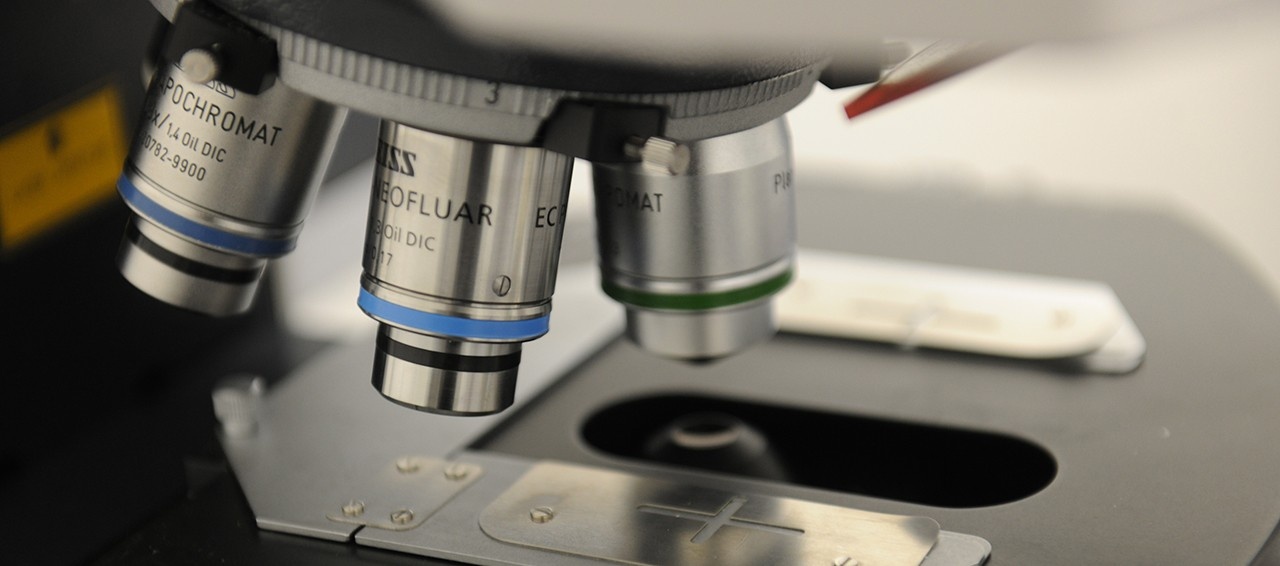Marya Ahmed
Assistant Professor, University of PEI
Name: Marya Ahmed
Email: marahmed@upei.ca
Position: Assistant Professor
Phone: 902-566-0375
Assistant Professor, Department of Chemistry & Faculty of Sustainable Design and Engineering,
University of Prince Edward Island ICC# 211, 550 University Ave, Charlottetown, PEI, C1A 4P3
Tel: 902-566-0375, E-mail: marahmed@upei.ca
Web: https://www.upei.ca/profile/marya-ahmed
Marya Ahmed acquired her Ph.D from University of Alberta, Canada in Chemical Engineering, with expertise in synthesis of polymeric vectors for gene delivery. She worked as post doctoral fellow, in the department of Chemical Engineering at California Institute of Technology (Caltech.), and gained valuable experience of working with antibody targeted gene delivery vectors for in vivo applications. She moved back to Canada in 2014 and worked as a postdoctoral fellow at University of Toronto, where she was introduced to the field of peptide synthesis, and peptide drug conjugates. Peptide conjugates were evaluated for their mitochondrial targeting and drug delivery efficacies. Her current research focuses on synthesis of peptide-polymer 'hybrids', peptide nanoparticles and study of their in vitro and in vivo drug delivery efficacies.
Research Interests
- Bioconjugation techniques
- Cell culture techniques
- Gene and drug delivery approaches in mouse models
The research projects in this laboratory are focused on the development of pantothenic acid functionalized biomaterials for drug delivery applications. Pantothenic acid, also known as vitamin B5 is crucial component of cell growth. Given the superior biocompatibility and moisturizing activities of vitamin B5 analogous creams and the inherent antibacterial activities of vitamin B5 analogous materials, we are focused on developing vitamin B5 based novel biomaterials for drug resistant bacterial infections. Main themes in this research group are described below:
Research Projects:
· Synthesis of vitamin B5 analogous polymers
· Synthesis of membrane permeable peptides and their polymer conjugates
· Evaluation of antibacterial and drug delivery efficacies of peptide polymer hybrids in bacteria and in cancer cells in vitro and in vivo
· Development of vitamin B5 analogous hydrogels as solar energy fueled water recycling
Selected Publications:
Publications
1. Naseri, N.; Butler, H.; MacNevin, W.; Ahmed, M.; Ahmadi, A. Low Temperature Solvent-based 3D Printing of PLGA: A Parametric Printability Study. Drug Develop. Industrial Pharm. 2020, Accepted.
2. Kabir, A.; Nazeer, N.; Bissessur, R.; Ahmed, M. Diatoms Embedded, Self-Assembled Carriers for Dual Delivery of Chemotherapeutics in Cancer Cell Lines. Int. J. Pharm. 2019, 118887. doi: 10.1016/j.ijpharm.2019.118887.
3. Nazeer, N.; Ahmed, M. Hydrophilic and Salt Responsive Polymers Promote Bacterial Aggregation. 2019, Eur. Polym. J. 119, 148-154.
4. Kabir, A.; Dunlop, M.; Acharya, B.; Bissessur, R.; Ahmed, M. Polymeric Composites with Embedded Nanocrystalline Cellulose for the Removal of Iron(II) from Contaminated Water.
Polymers, 2018, 10, 1377.
5. Kabir, A.; Dunlop, M.; Acharya, B.; Bissessur, R.; Ahmed, M. Water Recycling Efficacies of Extremely Hygroscopic, Antifouling Hydrogels. RSC Adv. 2018, 8, 38100-38107.
6. Ahmed, M. Peptides, Polypeptides and Peptide-Polymer Hybrids for Gene Delivery. Biomater. Sci., 2017, 5, 2188-2211.
